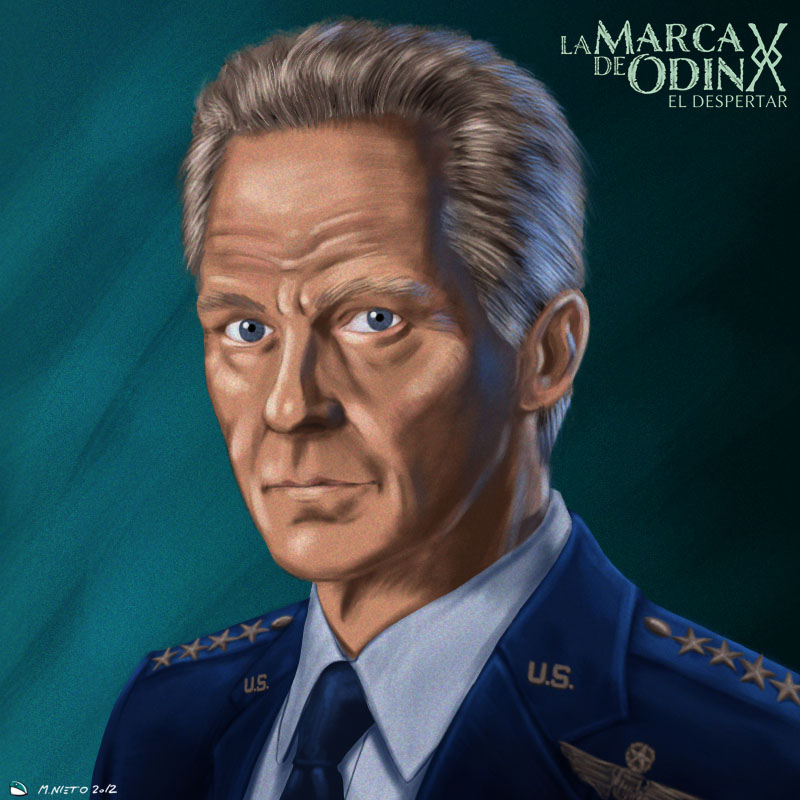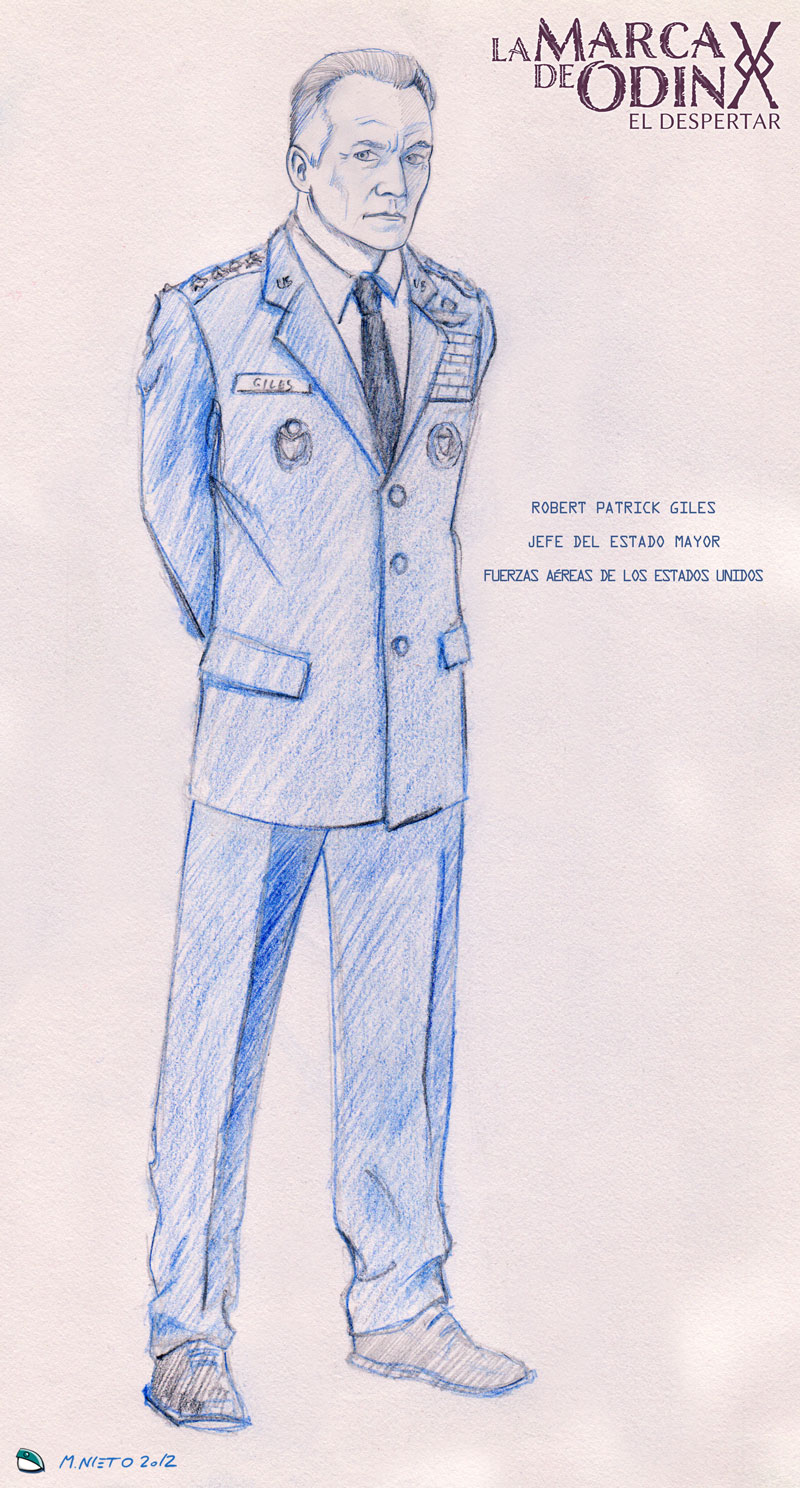Robert P. Giles is the current Chief of Staff of the United States Air Force. He comes from a wealthy family with a great military tradition that dates back to the Civil War. As he has commented more than once, he grew up among memories of rifles, bayonets and all kinds of weapons from his ancestors, treasured in the family mansion on the outskirts of Washington.
He was only twelve years old when he entered one of the most prestigious military academies in the United States, with the aim of training to be an elite military man until he came of age and had a career in the army. But the terrible events of the Vietnam War stirred his conscience in such a way that at only sixteen years of age he decided to escape and enlist, falsifying his record and pretending to be eighteen. His physique and height helped maintain the deception. Despite his young age, his great training made him stand out during the training period. His leaders saw in him a young man with great potential and iron willpower. That is why he was assigned as a USAF intelligence liaison in Saigon. It was not until he arrived in Vietnam that he contacted his parents and told them the truth. They became angry, but even if they wanted to, he couldn’t return. Finally, his father accepted his will and Giles had his approval.
It was the spring of 1972 and at that time the United States had just broken off the Paris negotiations and began the bombing campaign known as Linebaker. Giles stood out by serving as a liaison in different special operations missions, providing the necessary information and support from the Air Force to the operatives on the ground. By his own will, he remained at the front until the signing of the Paris accords in 1973 and the subsequent withdrawal of the United States from the conflict.
It had only been a year, but to him it had felt like a decade. The horrors he experienced marked him forever, tempering him like pure steel and fueling his iron will to become a great military leader. He was 17 years old when he returned home, but his service record was full of honorable mentions and recommendations from his superiors. That is why, after a reprimand, Robert P. Giles officially continued his military career, entering the Air Force Academy.
The following years he spent training as a pilot, although without abandoning his great interest in Intelligence and military strategy. In 1991 he participated in the Gulf War as head of Intelligence for the USAF within the Allied Coalition. It was there where he had to regret his greatest personal defeat, when in one of the bombing operations that depended on him, three F-16 fighters were lost. Giles blamed himself for what happened, since he had underestimated the defensive capabilities of the Iraqis and the use of their fighter planes. This situation made him aware of the need to never trust oneself blindly and always seek self-improvement.
In the next years he continued to ris ranks and definitively abandoned the battlefields to replace them with offices, where he discovered to be an agile fighter who knew how to combine the best of the combatant’s experience with the political vision necessary to deal with bureaucrats. Washington and the Pentagon were a nest of piranhas in which there was great competition and any mistake could be fatal. Giles felt confortable in that environment and learned to deal with all the challenges and obstacles that were put in front of him.
Thus, in 2004 he achieved his great aspiration, after being named Chief of Staff of the United States Air Force. He took it as his main personal mission to turn the USAF into the most advanced and effective air force in the world. The result of this will was the creation of the Phoenix program, to develop an orbital superiority fighter that would ensure the hegemony of the United States both in the sky and in orbit.
NOW
Giles’s commitment to the Phoenix program has caused him great political wear, which his enemies are trying to take advantage of against him, led by Congressman John Casper. Knowing that time is running out, he has decided to accelerate the Phoenix project as much as possible, to obtain the results he needs and thus silence the voices that are raised against his greatest personal commitment. The modernization of the United States Air Force is at stake and General Robert P. Giles is determined not to give up without fighting until the last drop of blood.


